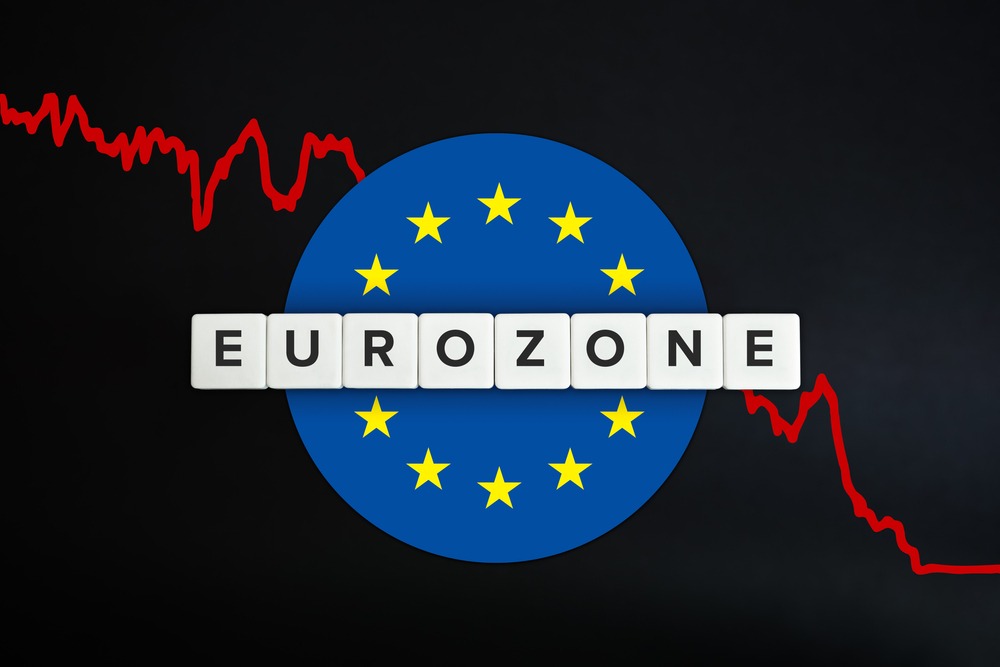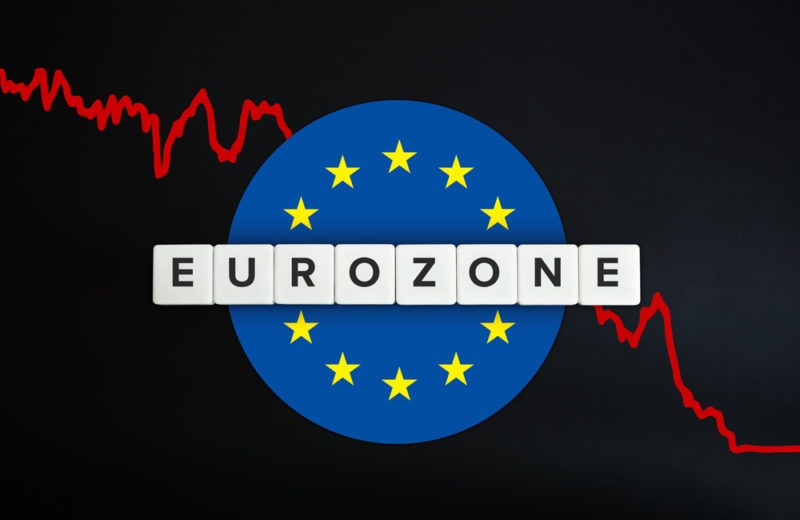Key Points
- Sweden’s economy contracted by 0.1% in Q1 2024, defying the expected 0.2% growth.
- March saw a 0.4% drop in retail sales, indicating declining consumer confidence.
- A rate cut, potentially in May or June, is anticipated to alleviate economic pressures.
Sweden’s economic performance in the first quarter of 2024 revealed a slight contraction, with the GDP shrinking by 0.1%. This downturn contrasts sharply with the final quarter of 2023, where the economy was stable. Economists had been optimistic, forecasting a growth of 0.2%, which makes the recent figure from Statistics Sweden particularly disappointing. This reduction in GDP highlights underlying vulnerabilities in the Swedish economy, perhaps exacerbated by external economic pressures and internal financial policies that have yet to adjust to post-pandemic realities.
0.4% Retail Sales Decrease in Sweden for March
The retail sector further mirrored the economic slowdown, recording a decrease of 0.4% in March compared to February, as reported by Statistics Sweden. This decline in retail sales indicates waning consumer sentiment, which may be reacting to the broader economic cues and the anticipation of fiscal adjustments. The retail figures serve as a critical barometer for the overall economic health, often acting as a lead indicator for wider economic adjustments.
Interest Rates Stable at 4%, Cuts Anticipated.
The current interest rate stands at 4%, but there is widespread anticipation of a rate cut in the upcoming months, likely in May or June. The central bank’s announcement hints at potential relief from slower price increases, fueling expectations. Such a monetary policy adjustment could mitigate some economic pressures, especially in the consumer sector, by reducing borrowing costs and stimulating spending and investment.
Consumer Confidence Highest Since Feb 2022
Consumer confidence has surged more positively, reaching its highest level since February 2022. Despite GDP contraction and retail slowdown, consumers see hope, likely influenced by the central bank’s optimistic signals. A sustained recovery in consumer confidence could signal a robust economic rebound if supported by suitable fiscal policies.
Sweden to Address Economic Strain and Borrowing Costs
Sweden faces several economic challenges, notably rising borrowing costs, significantly impacting households with large, short-term interest debts. This financial strain has decreased consumer spending and reduced housing construction, key components of domestic economic activity. The central bank’s statement, “Relief is on the horizon,” acknowledges these issues strategically. The proposed solutions will likely focus on adjusting interest rates and implementing supportive measures to restore economic stability and growth.













